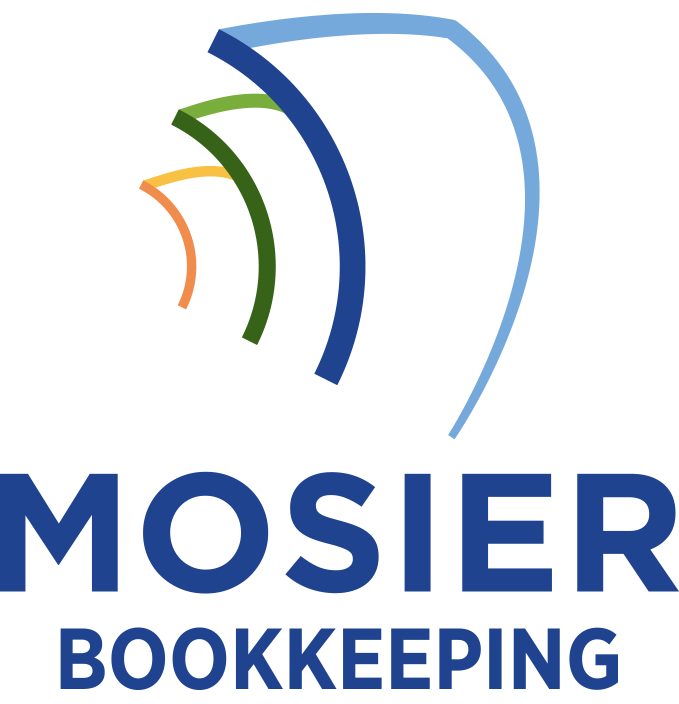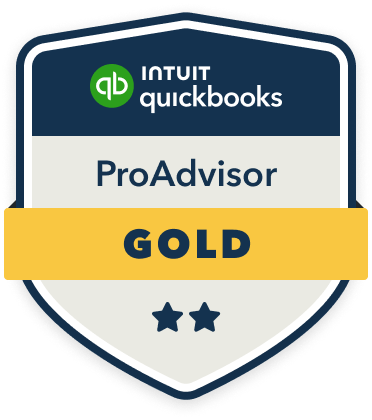Bookkeeping is your small business’s financial foundation – a systematic process of recording, organizing, and analyzing every monetary transaction. It helps you separate personal and business finances while providing essential insights into cash flow, profit margins, and spending patterns. Through proper record-keeping, you’ll make data-driven decisions, maintain tax compliance, and strengthen your position with stakeholders. When you understand the fundamentals of bookkeeping, you’ll reveal opportunities for sustainable growth and financial success.
The Fundamentals of Small Business Bookkeeping

While many small business owners focus primarily on day-to-day operations, understanding the fundamentals of bookkeeping is crucial for long-term success. As your business grows, you’ll need to track transactions, monitor cash flow, and maintain precise financial records. I recommend mastering essential practices like organizing receipts, recording expenses, and reconciling bank statements.
Start by implementing a reliable accounting system that separates business and personal finances. Track accounts receivable, accounts payable, and maintain a general ledger. These fundamentals create a solid financial foundation, enabling you to make data-driven decisions and maintain control over your business’s financial health.
Key Benefits of Proper Financial Record-Keeping
Maintaining proper financial records yields significant advantages that extend far beyond basic organization. I’ll show you how meticulous bookkeeping empowers you to make data-driven decisions, secure financing, and maintain tax compliance. You’ll gain immediate insights into your cash flow patterns, profit margins, and spending trends.
With accurate records, you’re positioned to identify growth opportunities, cut unnecessary expenses, and demonstrate your business’s value to investors. You’ll also avoid costly penalties by meeting tax obligations promptly. Most importantly, you’ll establish credibility with stakeholders while maintaining complete control over your financial destiny through informed strategic planning and risk management.
Essential Bookkeeping Tasks and Best Practices

Successful bookkeeping boils down to mastering a core set of essential tasks and implementing them consistently. I recommend maintaining a daily record of all transactions, reconciling bank statements monthly, and tracking accounts receivable and payable. You’ll need to categorize expenses correctly, manage payroll documentation, and maintain organized records for tax purposes.
To excel at these tasks, I suggest using cloud-based accounting software, establishing clear financial procedures, and setting aside dedicated time for bookkeeping activities. Implement double-entry accounting principles and maintain separate business and personal accounts. Regular financial reviews will help you spot trends and make data-driven decisions.
Common Bookkeeping Mistakes to Avoid
Even with the best intentions, small business owners often make critical bookkeeping errors that can impact their financial health. I’ve identified the most damaging mistakes you need to avoid to maintain control of your business finances:
- Mixing personal and business expenses, which clouds your financial clarity and complicates tax reporting
- Failing to reconcile accounts regularly, leading to undetected errors and fraud
- Neglecting to track small expenses that accumulate into significant amounts over time
- Operating without proper documentation for transactions, making audits and financial analysis challenging
Preventing these errors will strengthen your financial position and empower you to make data-driven decisions that drive growth.
Digital Tools and Software for Modern Bookkeeping

Modern bookkeeping technology has revolutionized how small businesses manage their finances. I recommend cloud-based solutions like QuickBooks, Xero, and FreshBooks that offer real-time financial tracking, automated bank reconciliation, and instant reporting capabilities. These platforms integrate seamlessly with payment processors, payroll systems, and tax software.
For enhanced efficiency, I suggest implementing receipt-scanning apps and expense management tools that digitize paper records. You’ll also benefit from accounting software that provides customizable dashboards, allowing you to monitor key performance indicators at a glance. These digital solutions not only streamline operations but also strengthen your financial decision-making power.









